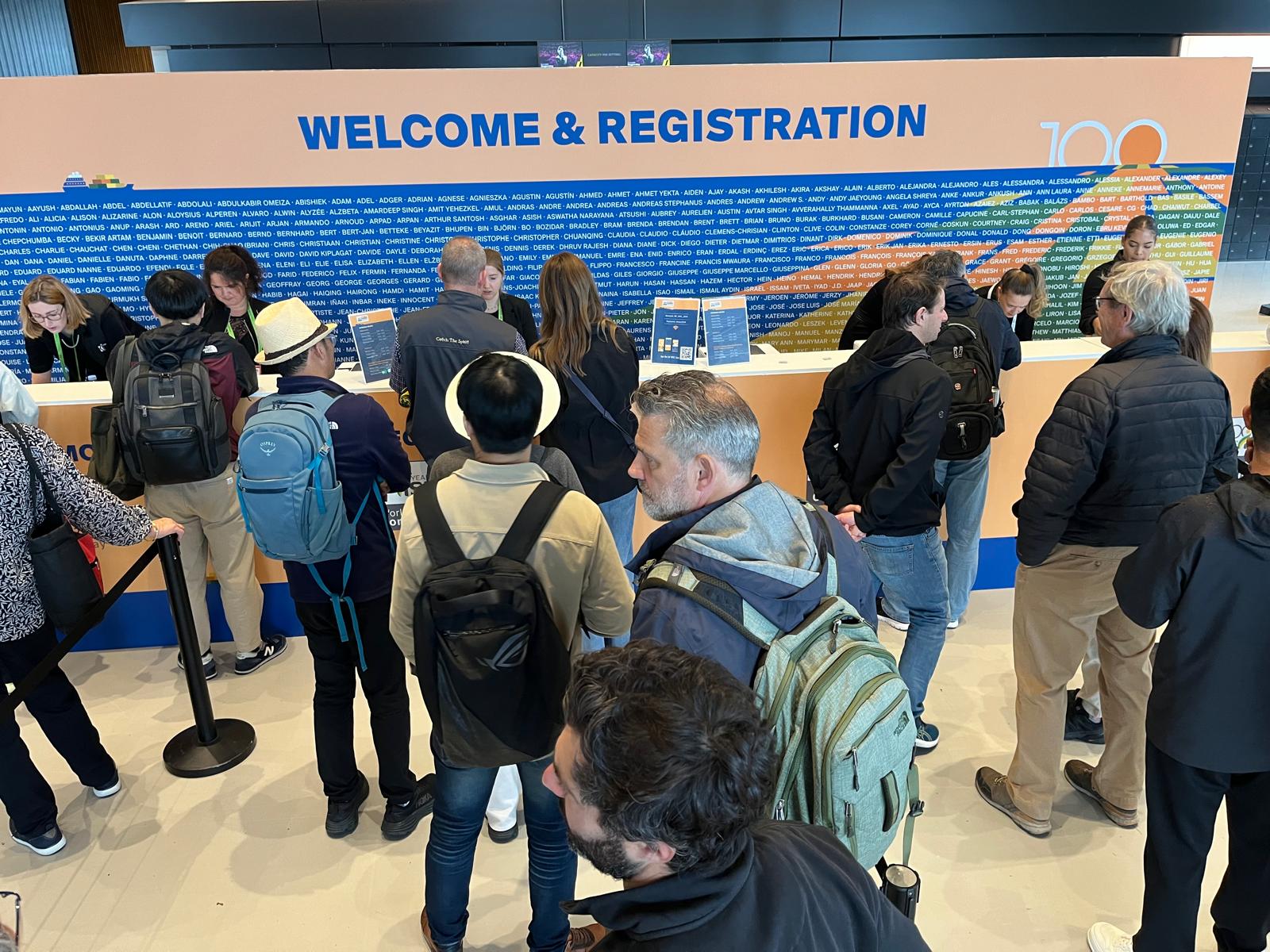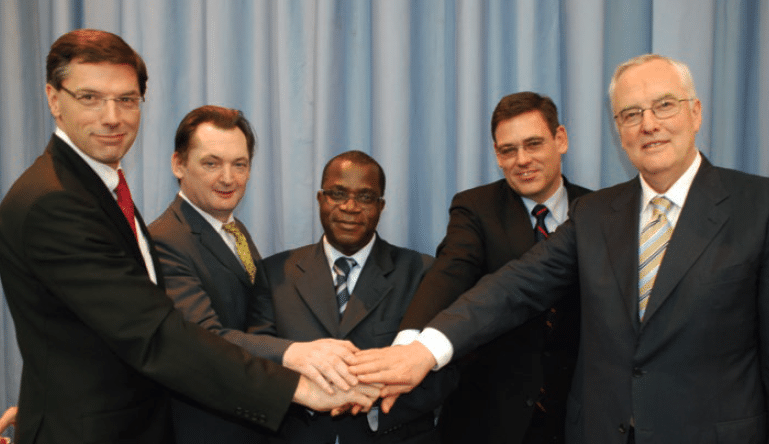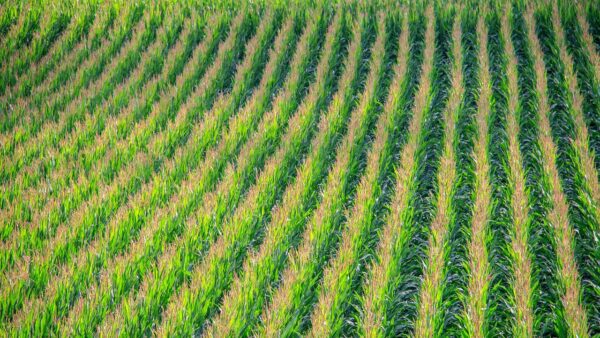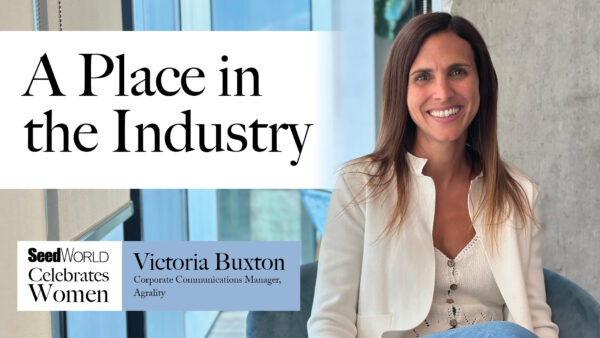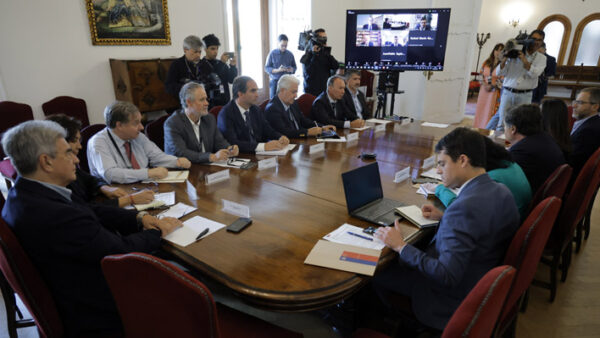More than 1,700 international professionals and business leaders from 63 countries gathered in Nice for the 70th ISF World Seed Congress, the largest annual gathering of the seed sector which brings together seed industry players and key stakeholders. The congress provided an opportunity to discuss the challenges of the sector, especially innovation and seed movement, as well as to reaffirm the sector’s commitment to shared goals with the global community.
“The theme of this congress, ‘Where knowledge flows’, highlights the importance of international exchange and the sharing of knowledge, experiences and expertise to bring professionals to discuss the future of the industry,” said Eduard Fito, president of the International Seed Federation (ISF), organizer of the congress alongside the Union Française des Semenciers (UFS).
“France, one of the historical leaders in the seed industry, is a destination of choice for the ISF International Congress,” explained Michael Keller, General Secretary of ISF. The country has skills and recognized know-how, a public/private coordinated research, and a successful industry organization.
“France is the world’s leading exporter of seeds and the leading European producer,” says Franck Berger, president of UFS. “We are small and medium enterprises, family businesses, international companies, cooperatives, all directly linked with the farmers and all creators of a great diversity of species and varieties of seeds, which are the starting point of our food chain. Our diversity is a strength.”
Seeds of cereals, turf, flowers, vegetables, oilseeds and more, comprise the 4.4 million metric tons of seeds which are exported globally within the international seed sector, representing a value of USD 11.4 billion.
Sector’s outlook
The seed sector relies on three elements: breeding, production and trading, all subject to several challenges:
- The lack of consistency in the regulation of the recent methods of plant breeding is a threat to innovation. “The loss of our innovative ability is a real obstacle for breeders and farmers who, in the long run, will see fewer and fewer new varieties on the market. If this slowdown continues, the consequences will go beyond our sector and will jeopardize our future,” explains Eduard Fito. Today, the sector invests 15% ofits turnover in R & D each year.
- The seed sector is faced with the issue of harmonizing regulatory frameworks on trans-border seed movement and of combating illegal practices such as counterfeit seeds.
- The international seed sector strives to harmonize its voice in an ever-changing political, economic andsocial context. At international and national levels, there is a need to build trust in the complementary role of the public and private sectors. Clear, predictable, science-based and analysis risk-based cooperation and regulations, as well as effective implementation in the field, are essential to making seeds accessible to all.
The seed industry contributes to a majority of the 17 United Nations Sustainable Development Goals (SDGs), such as ending hunger, fighting poverty, climate change and others. “Although efforts that contribute to the SDGs are notnew to our sector, it is a recent realization to make the SDGs more well-known within the seed sector, and to bring recognition within international organizations regarding the sector’s contributions,” concludes Michael Keller.
Source: ISF



